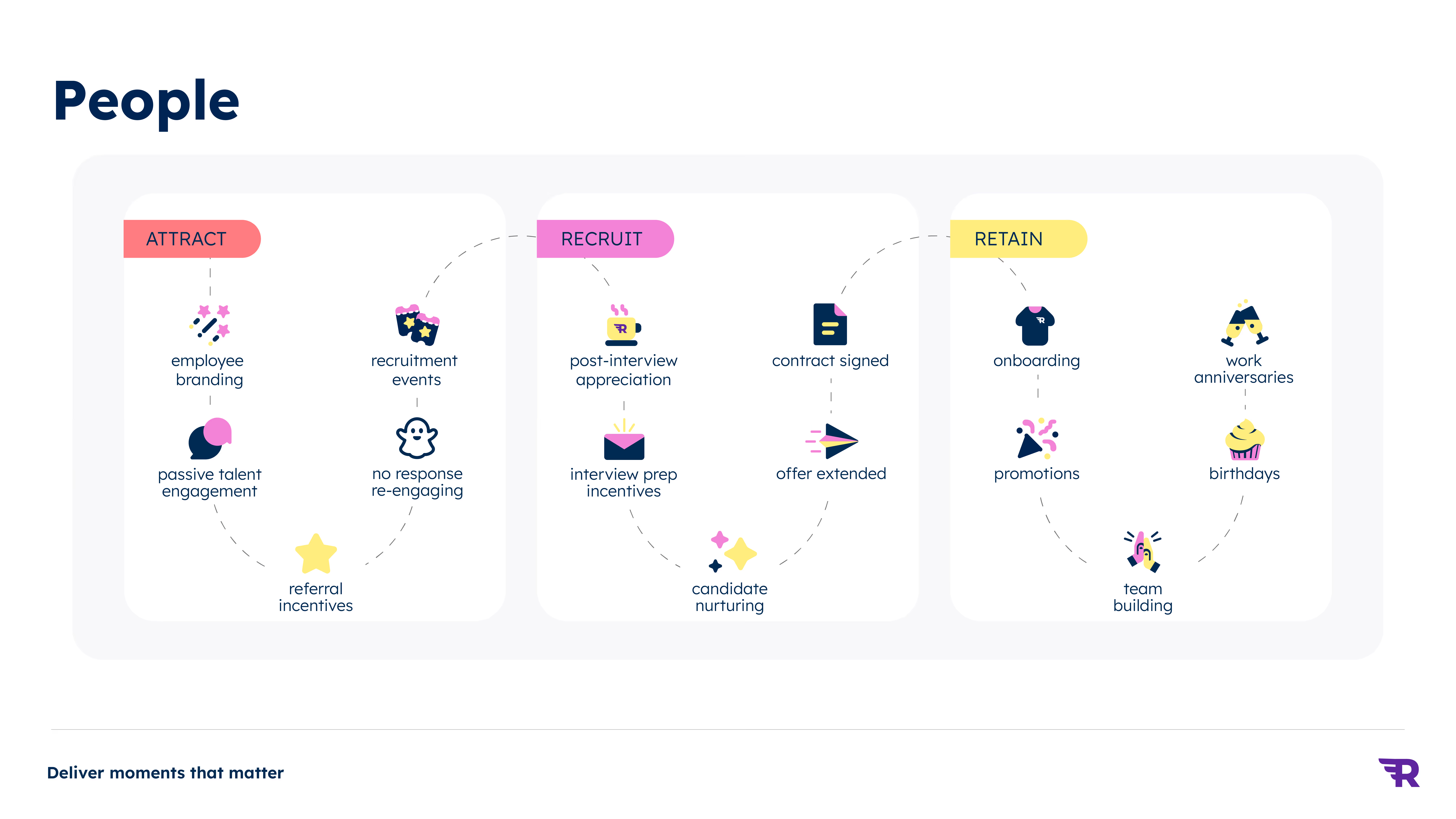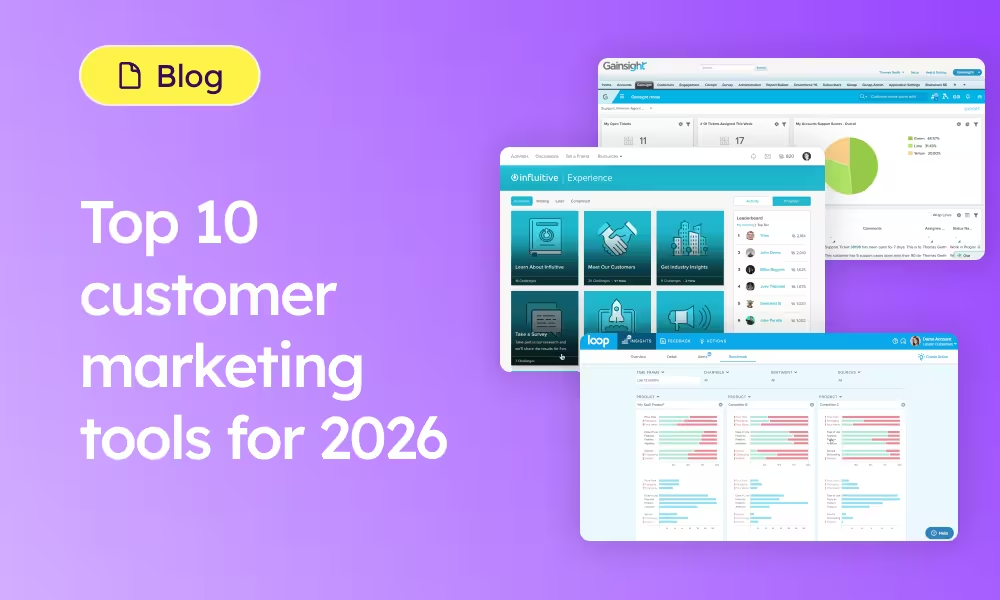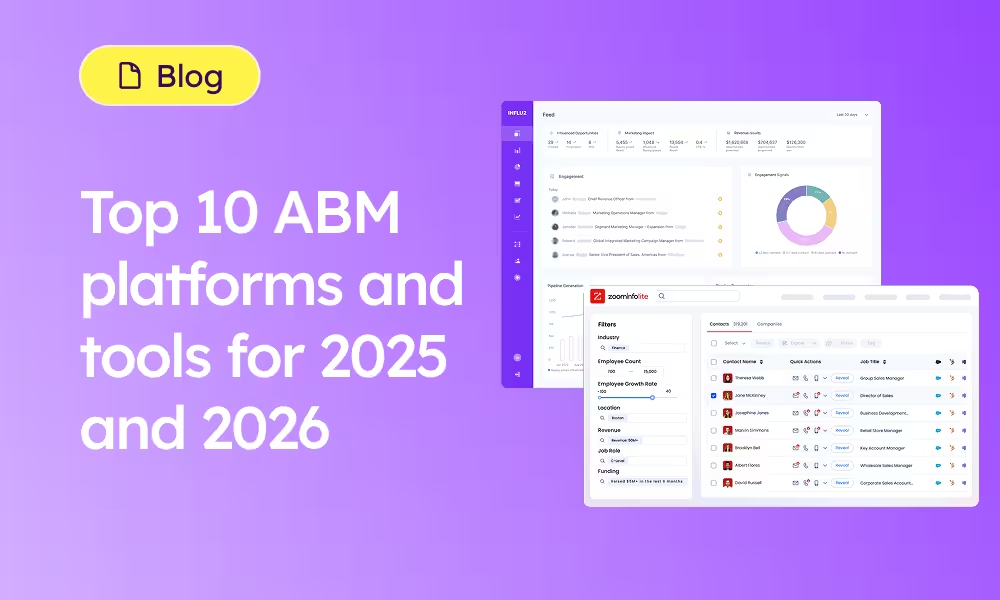One powerful platform for ROI-driven corporate gifting, swag, and engagement at scale.
The phrase “happy employees, happy customers” may seem like a cliche, but it’s true! Keeping your employees happy is essential to running a thriving business - 88% of job seekers say that a strong culture at work is vital for a company’s overall success.
In reality, workplace culture and employee appreciation are symbiotic. The stronger the culture you create, the more employees are empowered to do their best work, and stay the course.
With the benefits of a healthy workplace culture so clear, how can you work on creating one that attracts the best candidates and retains the star employees you already have? Keep reading to find out how we do it at Reachdesk.
Why employee appreciation is more important than ever
With the landscape of work changing, fostering an environment of employee appreciation is important for many reasons:
The new hybrid workforce
Spending five days a week in an office is a relic of the past. Remote work has necessitated the need to rethink “office culture” and find new ways for companies to connect with their employees.
Research by Asana found that 41% of workers feel more isolated when working remotely. As a result, People Ops and HR teams are having to develop new ways to solve this through building relationships, recognizing, and engaging their teams remotely. At Reachdesk, we’ve had to reimagine what connection looks like for our employees where co-location is no longer the norm.
The great resignation
Employees are changing jobs at an unprecedented rate. Working and living through the pandemic has caused people to reflect on what matters most to them in life and to choose jobs that support this. This ‘great resignation’ has put the power back in the hands of employees.
Research shows that 79% of employees who quit their jobs cite a lack of appreciation as a key reason for leaving. This, coupled with the huge growth in remote job opportunities has resulted in greater choice and mobility for job seekers, leading to a much more dynamic talent market than we've ever seen before. This should be seen by all employers as a sign to level up your employee appreciation tactics.
A seller’s market
On top of the growth of remote working and a buoyant talent market, candidates now have more resources at their disposal than ever before to determine whether or not an employer is right for them. Talent can now call on tools like Glassdoor and LinkedIn to get a real picture of what employees think about their place of work.
Social proof is also becoming one of the most important pillars of a company’s employer brand, and metrics like eNPS (employee net promoter score) and eSAT (employee satisfaction) are becoming a part of the job market lexicon as candidates place greater value on the employee experience.
The reality is, that public measures of employee satisfaction can have a much larger impact than just on recruitment. UBS analysts cut the price target for Shire Pharma based on poor employee satisfaction ratings on Glassdoor, showing that employee satisfaction can have a direct impact on a company’s share value.
How to build a culture of employee appreciation
It’s clear that having a culture of employee appreciation can have a measurable effect on a business’s overall success. So, the next step for HR leaders is to begin creating a culture that employees can be proud of.
Here’s what you need to do:
1. Remember the employee lifecycle is your product
For HR and People teams, the employee experience is the product. At every point along the employee lifecycle, HR and People teams should be looking for ways to surprise and delight. The journey from interview to offer should be well-thought-out and build excitement. The promotion process should be transparent, fair, and rewarding. Building people processes with the end user in mind, the employee, is a winning mindset.
2. Recognize achievements
Organizations with recognition programs have 31% less employee turnover than organizations that don't. So, encourage managers to give shout outs for big and small accomplishments and share celebrations with their teams.
Peer recognition is another powerful tool that can help to enhance company culture, so having a recognition program could greatly benefit your organization. Motivate your team to publicly recognize valued team members, as well as offer gifts for those who have done something exceptional for the team and the business. Go the extra mile by personalizing your gift to the employee’s interest - this could be a self care package, a box of gluten free cookies, or a gift set for their dog.
3. Ask your employees what matters to them
They say that if you don’t ask, you don’t get, and the same is true for HR and People teams. Encourage employees to build their own culture from the inside out by creating and distributing surveys using tools like Lattice. Use the survey results to drive change in the areas that will have the biggest impact.
Asking for regular feedback creates a culture of openness and honesty. Don’t be afraid to ask difficult questions, as this is how open dialogues are forged.
Also, don't be afraid to share the results of these surveys with the whole company, including the areas where your organization isn’t performing so well. Transparency is key when recognizing the areas that your employees have flagged as in need of improvement, so encourage all types of suggestions from employees on how your organization can improve.
4. Add gifting to your employee engagement strategy
There are so many different ways that HR and People teams can leverage gifting throughout the employee experience:
🎁 Gifting for attracting top talent
Start the recruiting relationship off on the right foot and make an impression by sending a personalized gift to a potential candidate to get them excited about your organization. For example, if they’re a fan of baking, send them a sourdough starter kit and let them know that ‘this could be the start of something great’!
Handing out branded chocolates at recruitment events also helps to raise your profile with potential candidates.
🎁 Gifting for recruitment
When gifting for recruitment, practices like thanking candidates for their time with an eGift card tend to work well. Sending a bottle of champagne after the contract is signed also never fails to impress!
🎁 Gifting for retaining employees
At a basic level, helping employees to celebrate work anniversaries with cupcakes shows them that they’re valued, and using a tool like Reachdesk could help you do this. Sending employees company branded swag like hoodies and water bottles is also a great way to encourage adoption for your brand and culture.

Employee appreciation ideas
Here are some bonus ideas to get you started on your employee appreciation journey:
Reward your stars
Hopefully, every employee will get to live their star moment. Show your people their accomplishments don’t go unnoticed by treating them to a personalized eGift card as a reward for completing a big project or hitting a milestone.
Spend quality time together
Nothing beats the blues like spending some quality time with your team. Organize a fun virtual event or experience for your employees such as a cocktail-making class, a cooking lesson, or even a magic show.
Engage remote employees
Joining a new company remotely or navigating the work from home life can be extra stressful for your people. So, make sure you acknowledge this with thoughtful and useful gifts such as home office essentials or self-care kits.
Enable employees to appreciate their peers
Encouraging your employees to be each other's biggest cheerleaders is a great way to create a culture of appreciation. Make this possible by assigning each employee a gifting budget that they can use to treat someone in the organization who has done great work or helped them achieve a goal. Using tools like Hibob and Slack to give shoutouts and kudos should also be encouraged.
Wrapping up
Creating a culture of employee appreciation is key if you want to attract and retain top talent and keep your workforce happy and motivated. Start by evaluating the strengths and weaknesses in your organization's culture, and then encourage feedback, incorporate surveys, and give gifts to strengthen relationships.
Read our Employee gifting playbook for more ideas on how to use direct mail and gifting in your employee engagement strategy.
Find out more about Reachdesk for People.






.jpeg)



